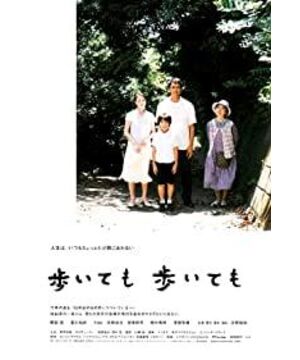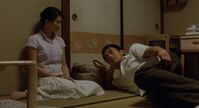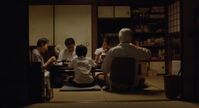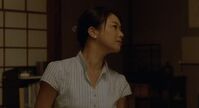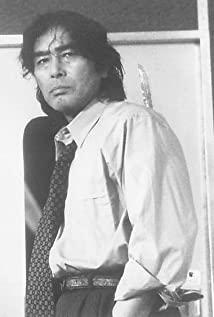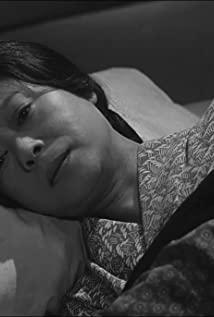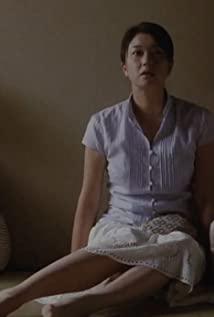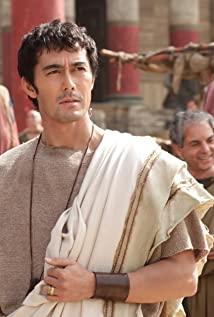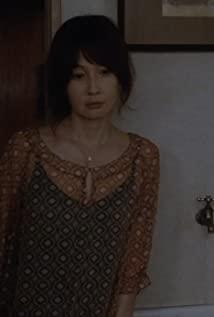However, everyday objects under Ozu's lens can always show immateriality, and in this film, probably the biggest difference is that Hirokazu-eda doesn't want to highlight "immateriality", rather he wants this Substances - everyday life that can be touched. The title of the film "Never Stop Walking" is both time and space, and the time you can touch is the one worth lingering about, right?
Fortunately, it is delicate, but the plot is too cliché, and it seems promiscuous and unrestrained. Of course, there are also some that are handled well, such as a few words between my father and a lot of people. Ozu is a long way off. Apart from "grasping" and "rubbing" objects in these details, to reflect our daily life, is there no other way? Let's continue to see how Ozu tells the story.
In addition, the last shot, slowly panning up to take a bird's-eye view of the family getting into the car, is especially bad. Privately, I thought it was enough to keep the camera still and only hear the voiceover, the sound of the doors opening and closing, and the engine.
View more about Still Walking reviews


